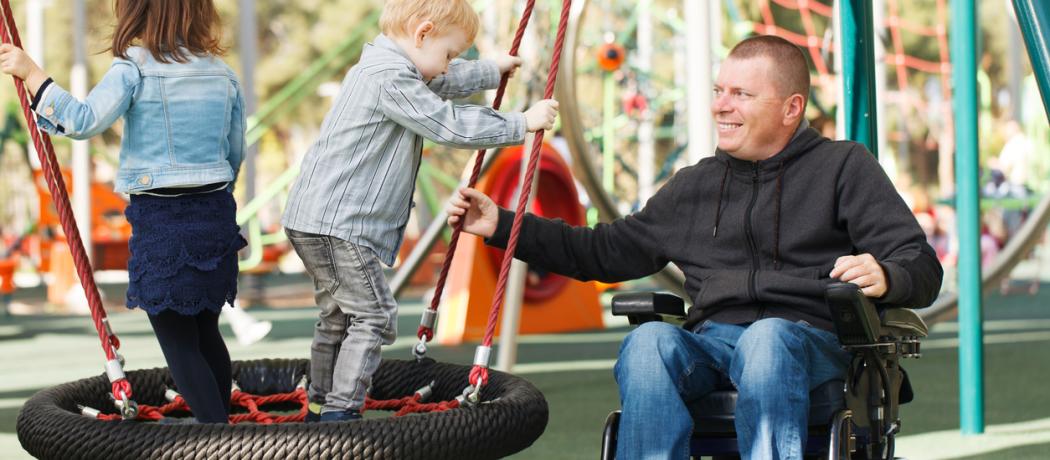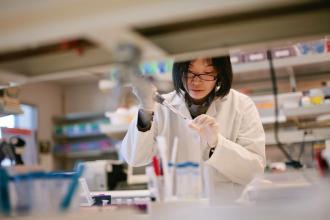June 2022 is ALS Awareness Month in British Columbia. This post is part 4 of a 4-part series about ALS.
Hope is an outright currency for some players in the ALS space.
The ALS Society of BC, cofounded by Dr Andrew Eisen in 1980, is a critical organization for patients and their families. Ms Wendy Toyer is the committed leader. I’ve had the privilege of getting to know her a bit and am convinced that she truly gets it. She is a fearless fundraiser, never shy to approach anybody who can support the ALS cause, even the Society’s landlord. Not only is she spearheading Project Hope, she also raises funds annually to support the equipment loan program that provides a remarkable variety of adaptive devices to patients for free, patient and caregiver support programs, and a summer camp for kids affected by ALS in their family.
I’ve mentioned Dr Eisen several times now, here and in previous posts. He’s not the only one to champion this disease, but it’s impossible to discuss ALS in BC without seeing his tracks all over it. After retiring at 65, he has continued to selflessly work at reducing the catastrophic impact of ALS and remains an active board member of the ALS Society of BC. He has been awarded many times for his contributions. I remember him from my medical school era and got to meet him again at this year’s ALSBC AGM. It gave me great pleasure to thank him personally for the foundations he has built.
Finally, ALS Action Canada is a young organization, patient-led, founded in 2020. As you might imagine, patients suffering an aggressive disease while trying to push an agenda during the pandemic has its challenges. We are stepwise finding our legs and are intensely focused on accelerating patient access to new medications that emerge successfully from clinical trials.
Currently, the lag time from scientific proof of benefit to patient access is commonly measured in years. Edaravone is a recent example. This was the first new drug to be approved by Health Canada for ALS since riluzole in 2000. I believe the pivotal Japanese clinical trial finished in 2015, followed by peer review and dissection of the data. Approval in Japan came quickly after, then in the US in 2017. Canadian approval came in October 2018, after an “accelerated” 6-month review, but it was not available in BC until deep into 2020.
Why so long? People living with ALS can’t afford that time. Barriers exist at multiple levels, so there is work to do with industry and with federal and provincial authorities. We are building relationships to facilitate much better time-efficiency. An investigational drug known as AMX0035 generated some excitement in 2020 after a study partly funded with Ice Bucket Challenge money. We adopted this drug as a test case and successfully facilitated a Canadian application for it in 2021. Health Canada’s conditional approval (more data submission required) of the drug under the name Albrioza was announced this month. Although the review was not granted the priority of 180 days rather than the standard 300, this feels like a small win. Now we need it to actually be accessible.
This brings us to the end of ALS awareness month. I hope my story and thoughts have been worthy of your time. Thank you.
—Mark Seger, MD
This post has not been peer reviewed by the BCMJ Editorial Board.
 |
| This work is licensed under a Creative Commons Attribution-NonCommercial-NoDerivatives 4.0 International License. |



Mark,
Thank you for your many and ongoing contributions toward finding some relief from this horrid disease.
Although suffering from ALS yourself, you have tirelessly and selflessly aided research which will benefit future victims of this cruel disease.
Your family, friends, and many members in the ALS and medical and skiing communities especially, are so proud of you.